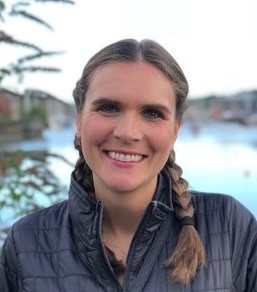Click here to read the full article.
[...]
Lara Coughlin, a licensed clinical psychologist and assistant professor of the University of Michigan's Addiction Center in its Department of Psychiatry, said there are many challenges with getting access to mental health care in less populated areas.
First of all, Coughlin said, stigma can be a major barrier to care.
“So, feelings that other people in the community will know about something that is stigmatized," she explained. "And some people may not want their neighbors or friends to know that they’re going into care.”
Second, transportation can be automatically harder in rural areas where homes are further from businesses. It can be a much longer trip to the doctor's office if you live in a rural area, and mental or behavioral health care might require more visits than a physical check-up.
Third, some rural areas simply do not have many mental health care professionals or staff.
“Sometimes there might only be a couple in an entire county,” said Coughlin.
That's the case in Clinton County. A quick search of the internet shows only a handful of psychiatrists available to cover the nearly 80,000 people living in the semi-rural county north of Lansing.
Nearly every mental health care expert is in Saint Johns, so someone in Laingsburg would have a nearly hour-long drive just to get back and forth to the doctor's office.
One solution for the barrier of transportation and the number of available professionals, Coughlin said, is virtual appointments. She said phone and video calls can provide "the opportunity for people to receive care from their own homes."
For the stickier social challenge of the stigma surrounding mental health, Coughlin encourages more initiatives to educate and open up conversations around the issue.
“To help make things like mental health and substance use – [to help] people understand that this isn’t a moral failing or a sign of weakness, but rather it’s just a natural course of people who have experienced different challenges,” she explained.
Coughlin also notes that it could be beneficial for physicians to integrate mental health care into normal doctor's visits.
[...]





